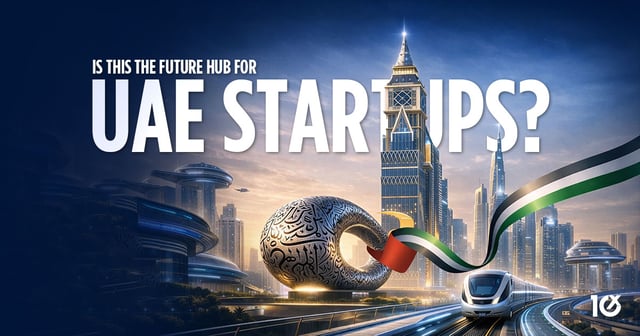Ghana becomes home to Google’s first African AI lab
Artificial Intelligence has enormous potential to better our lives as well as make it more difficult for us in some aspects of our lives. For example, privacy concerns have become a commonplace discussion topic.
On the other hand, Google’s AI app, PlantVillage, allows farmers to simply scan their crops to know if there is a disease or infection that the plant is suffering from; and take steps to improve conditions. It helps farmers avoid bad harvest and nip problems in the bud. This is just one example of how AI can relieve humanity from much of its problems.
The aim of Google’s first African AI lab in Accra, Ghana, is to provide developers with its open-source code, in order to generate and offer more solutions like the above to African people.
"Most of what we do in our research centres at Google and not just in Accra, we publish it and open-source code, so that everybody can use it to build all sorts of things."Moustapha Cisse, the research scientist heading up Google's AI efforts in Africa.
The difficulty that Google’s AI algorithms face, is that of bias fed into the system by humans. It cannot be strictly objective simply because it is learning from humans, who work with unconscious bias.
Nyalleng Moorosi, a software engineer at the centre whose work focuses on making AI more diverse, says that AI’s work depends upon the data fed into its system, which sometimes reflects a real-world bias, providing results that are not inclusive and representative of all end users.CNN
To illustrate, soon after the launch of Google Photos in 2015, images of Africa descent people were tagged as “gorillas”.
We believe in the strength and potential of AI, and it is just a matter of time that it transforms our lives and the way we work today. Moving forward, there is an urgent need to address concerns of privacy and bias. We trust that the WEF’s special councils and the agreement of 42 governments to regulate AI will guide everyone involved in the right direction.
Google is not the first to expand its AI operations to Africa. Facebook has done so before. Although, with Google we can expect the continent’s over 2000 dialects to be captured and translated with more precision. Read more about this here.






